No Dairy After Dental Implant, Fact or Myth?
Patients often receive a wealth of information and advice regarding dental implants.
Among the various non-medical-based recommendations, one common suggestion is to avoid consuming dairy products after getting a dental implant.
But is this notion fact or just another myth? In this article, we will look into whether it is really necessary to eliminate dairy from your diet after undergoing a dental implant procedure.
We will explore the possible reasons behind this recommendation, examine any scientific support, and provide you with the expert insights needed to make an informed decision regarding your post-implant diet.
Fact or Myth?
Dairy products like milk, cheese, and yogurt are often associated with oral health benefits.
They are rich in calcium and vitamin D, essential for strong teeth and bones.
However, some suggest avoiding or at least reducing dairy consumption after a dental implant procedure.
Let’s investigate the reasons behind this recommendation and determine if it holds true.
Increased Risk of Infection
One reason often cited for avoiding dairy after a dental implant is the potential risk of infection.
The idea that dairy products, particularly milk, contain certain proteins that can increase mucus production in the mouth and throat is a commonly held belief.
However, it is important to note that the scientific evidence supporting this claim is limited and inconclusive.
Some individuals may perceive increased mucus production after consuming dairy products due to personal sensitivities or allergies, but it may not be a universal response.
Many myths are born of anecdotal evidence rather than scientific fact, and while there is some truth in this information, good dental hygiene should counteract such issues.
Disruption of the Healing Process
Another theory behind the recommendation to avoid dairy after dental implant surgery is the potential disruption of the healing process.
Some medical professionals believe that certain components in dairy products, such as lactose or casein, might interfere with the body’s natural healing mechanisms in specific circumstances.
While there is limited scientific evidence specifically addressing the effects of dairy on dental implant healing, studies have shown that a balanced and nutrient-rich diet is crucial for optimal healing post-surgery.
Following a balanced diet and consuming foods rich in vitamins, minerals, and protein to support the body’s healing processes is recommended.
Conclusion
While the belief that avoiding dairy after a dental implant procedure is necessary may persist, the available scientific evidence is limited and inconclusive.
Although the recommendation has plausible reasons, it is crucial to approach this topic with a balanced perspective.
Consulting with your Hoggard Family Dentistry professional is of utmost importance, as they possess the expertise to provide personalized advice based on your situation.
Their guidance can help you make informed decisions regarding your post-implant diet.
It is essential to recognize that maintaining a balanced and nutrient-rich diet is vital for optimal healing and oral health.
Whether you choose to eliminate dairy from your diet temporarily, numerous non-dairy alternatives can ensure you receive adequate calcium and other essential nutrients.
Ultimately, deciding whether to avoid dairy after a dental implant procedure should be made in consultation with your dental professional, considering your unique circumstances and their expert advice.
Dive into the facts and make informed dietary choices today! Call us to find out the truth!
- Call us at: 910-762-0786
- Email us at: info@hoggardfamilydentistry.com
Hoggard Family Dentistry is located in Wilmington, NC, and we happily welcome folks from neighboring areas.
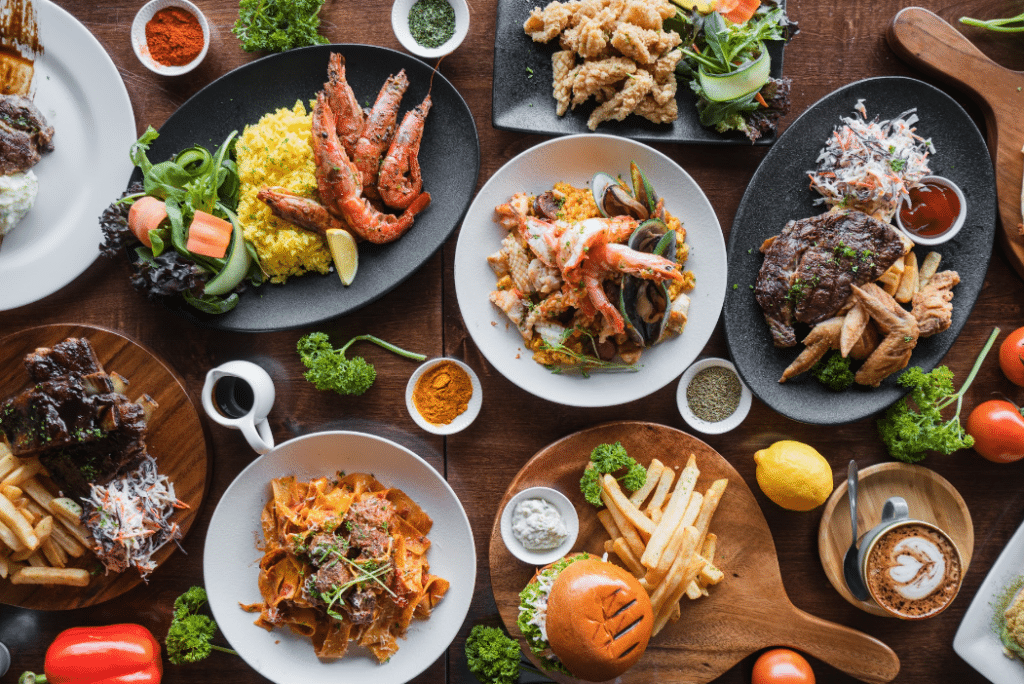
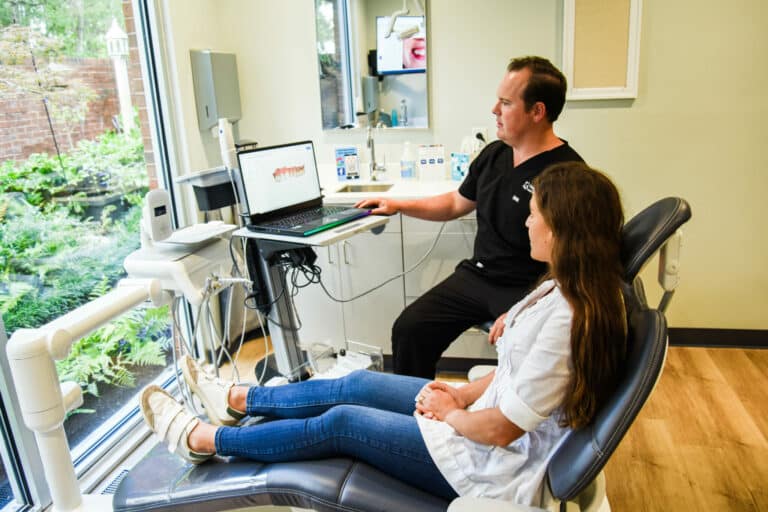
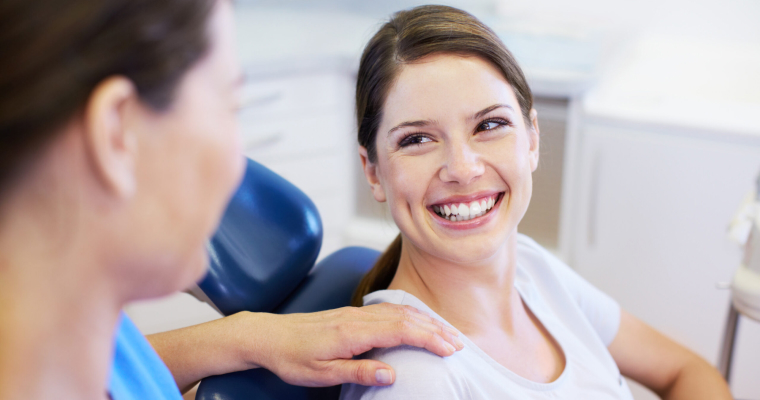
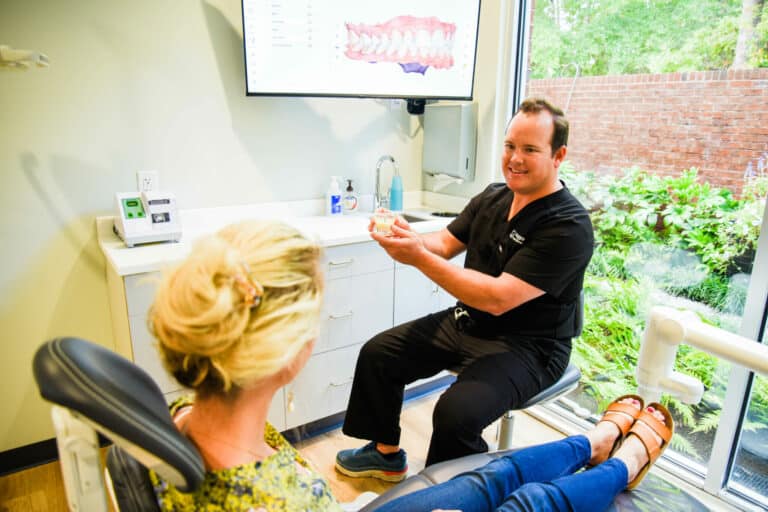
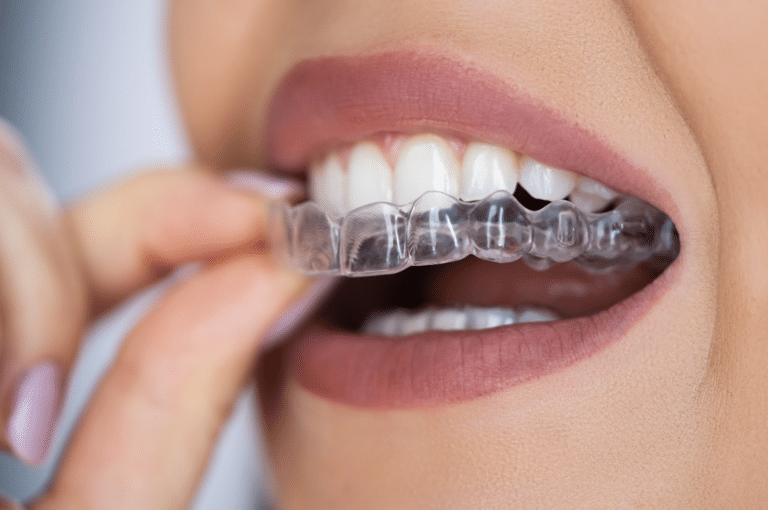
While dairy, particularly milk, can cause an increase in mucus production in the mouth and throat in those with dairy allergies or sensitivity to dairy products, it is not considered a restricted food after dental procedures.